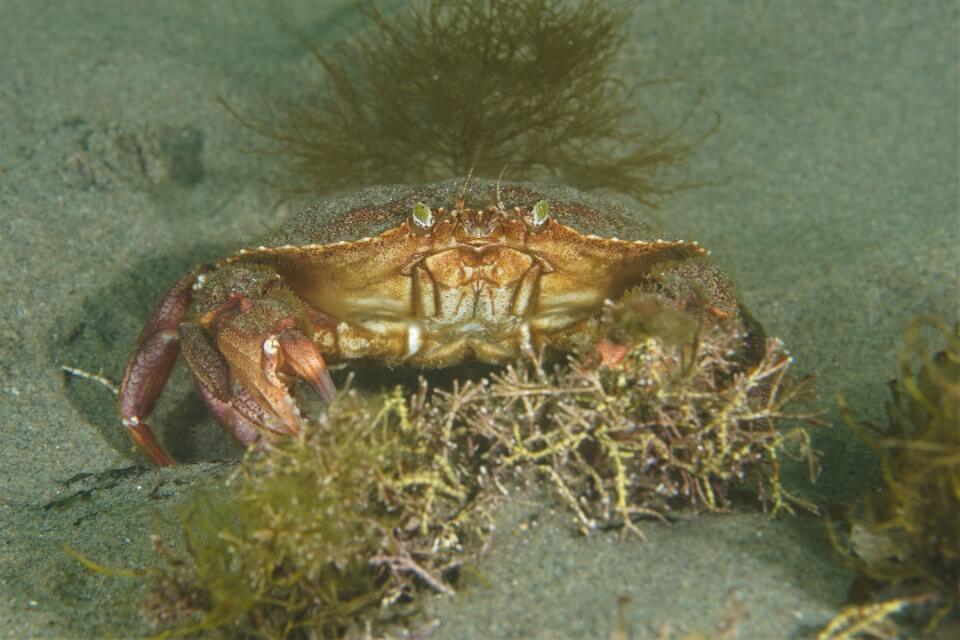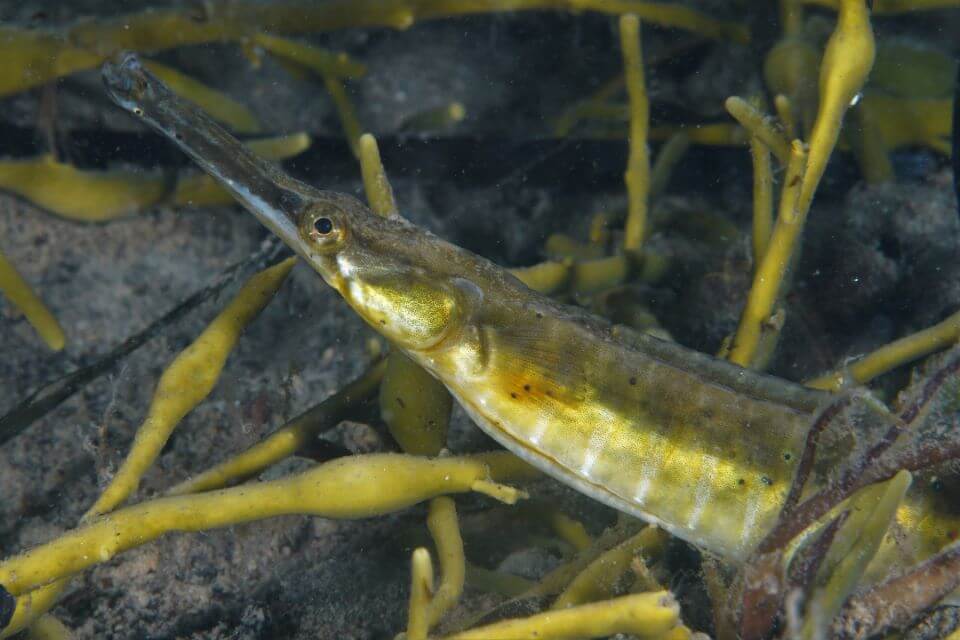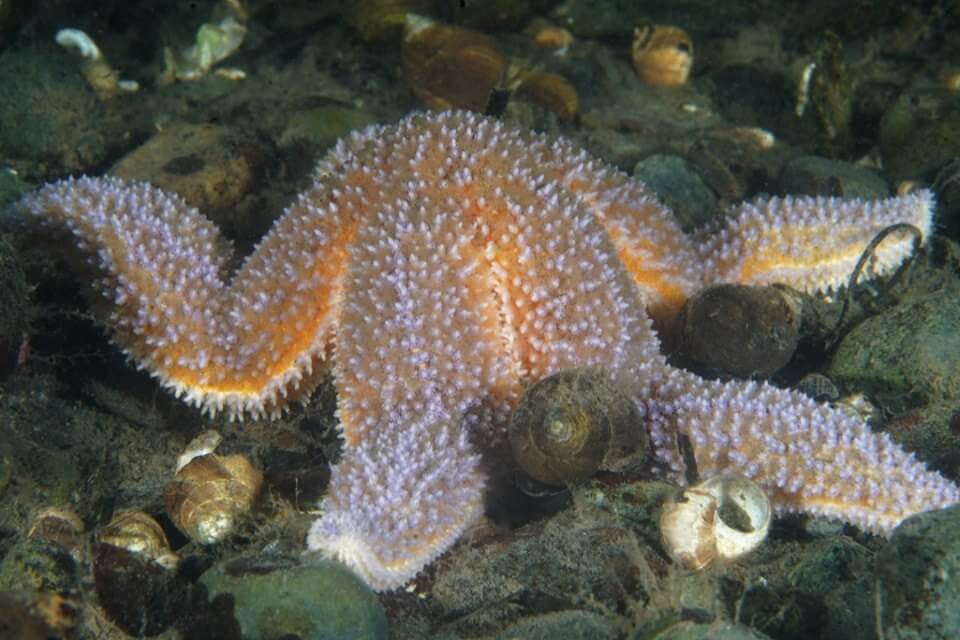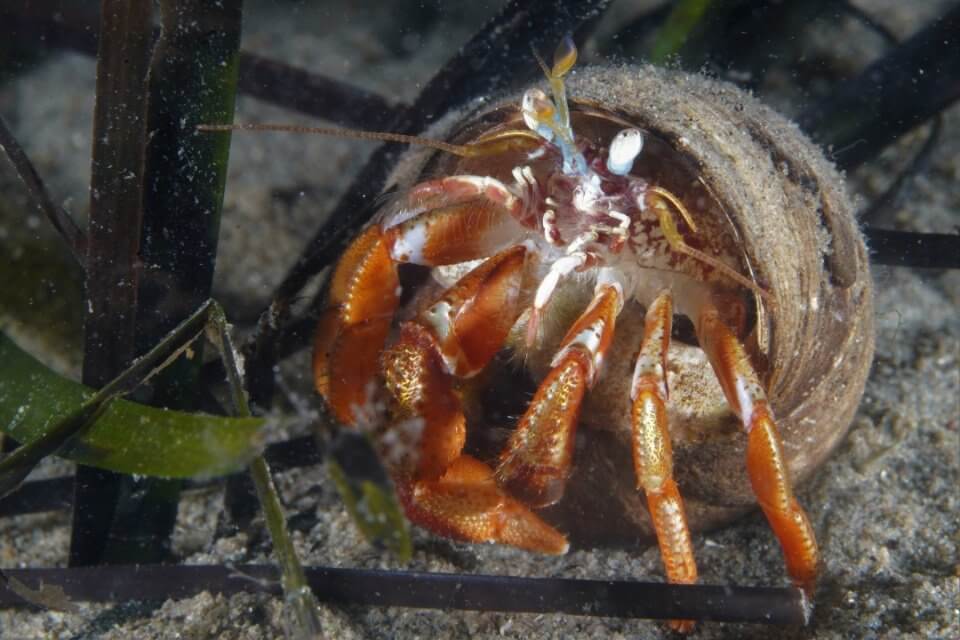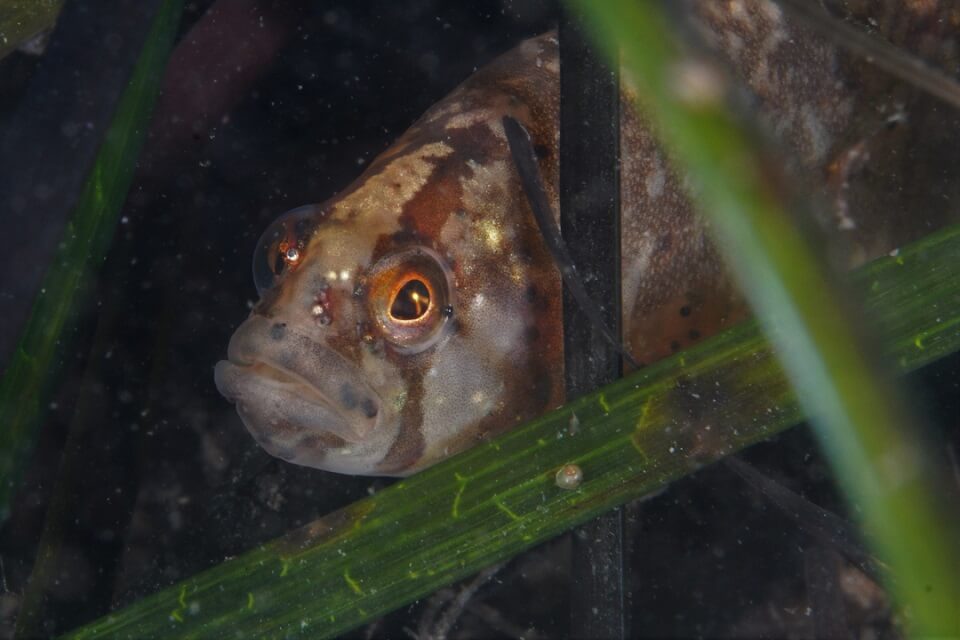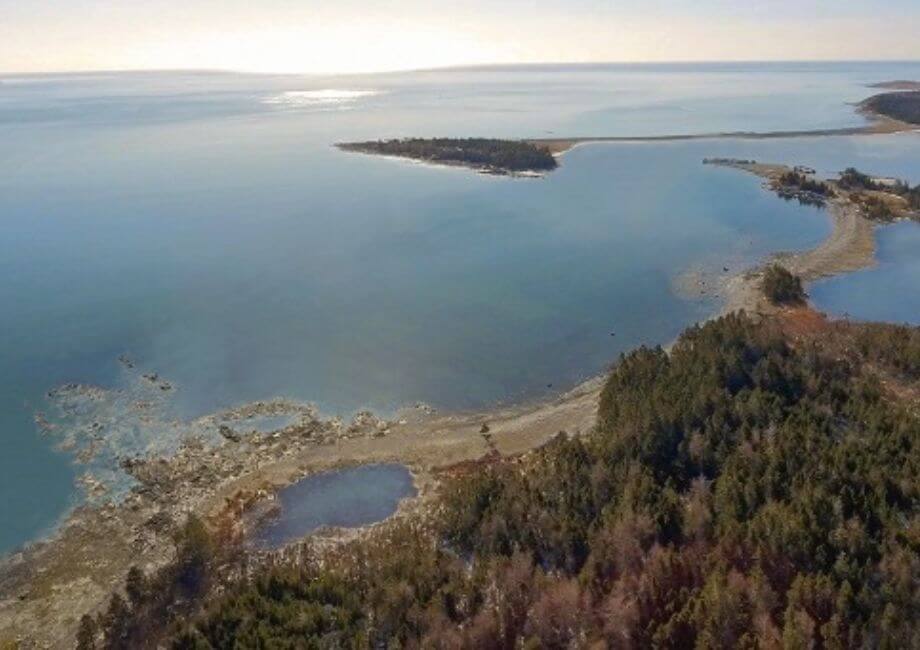The following is from our Giving Tuesday 2023 letter to supporters of the Whale Sanctuary Project and subscribers to our newsletters.

Dear Friends,
The loss of yet more orcas and beluga whales at entertainment parks this year has only increased the urgency of completing the sanctuary in Nova Scotia.
Almost every week this year has brought more news of the dire situation in which captive whales find themselves – both at home and abroad.
- Kiska, the lone orca at Marineland Canada, died in March after having seen all five of her calves perish in her concrete tank. She was 46 years old. Marineland has not disclosed how many beluga whales there may also have lost their lives this year.
- Fifty-seven-year-old Tokitae succumbed in August at the Miami Seaquarium despite the heroic collaboration to prep her for return to her home waters.
- Twelve-year-old Moana passed away in a crumbling tank at Marineland Antibes in France in October. His remaining family of three orcas is scheduled to be sent to Japan, where they will likely be distributed among two or more entertainment parks.
- And Nord and Narnia, two young orcas at Russia’s Moskvarium Aquarium, both died of gastrointestinal diseases, leaving 11-year-old Naya alone and pregnant.
The urgency of this situation means that we can no longer proceed step by step, as we have been doing until now: through the permitting process; then sanctuary design and construction; followed by negotiation with marine parks and aquariums.
Instead, we must work on all fronts simultaneously so that we can be ready to welcome the first whales on their timetable, not ours.
Donate now so we can be ready to welcome the first whales.While staff facilities can be temporary structures, even trailers, we must be ready to fabricate and install the nets and a smaller bay pen that will be the initial space for the whales.
And that is the focus of our fundraising efforts right now.
Your Holiday donation will support this next phase of establishing the sanctuary as we press ahead to make ready the initial space for the whales.
This summer, we completed three years of mandatory environmental studies that are essential to obtaining permits to begin construction. (The key steps are included in this “Timeline.”) This work has taken time and funding, and it has been essential, not only to the health and safety of the whales, but to getting the permits that are required to begin construction.
Thank you for all you have done to bring us to this point.
Who might be the first whales to come to the sanctuary?
Here are some of the whales from around the world who are clearly on our radar:

Inouk, Wikie, Keijo and Moana at Marineland Antibes. (Nikola Krtolica, OneVoice.)
Three orcas in France: Inouk, Wikie and Keijo are members of the same family as 12-year-old Moana, who died this year at Marineland Antibes. All they have now is each other. And the plan may be to split them up in separate facilities in Japan, probably next March. If that is the case, we can’t imagine a worse outcome for this family.
Animal protection groups in France are asking Marineland and the government to keep the family together. And they’re raising support to have them come to the sanctuary in Nova Scotia. At our end, we would need to demonstrate, by early in the New Year, that we can give them the home they so urgently need.
And your support is the key to our being able to do that.
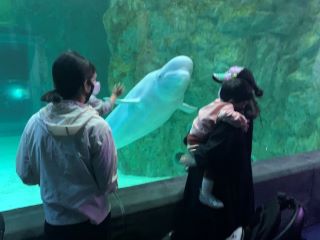
Bella at the Lotte World Aquarium in Seoul.
Two beluga whales in South Korea: Luvi and Bella were captured in Russian waters and have been living at separate facilities, both of which are eager to move them to sanctuaries.
The government has also approved the move. But again, we can’t do it without you.
The beluga whales at Marineland Canada: There are 30-plus beluga whales at Marineland Canada. Six months ago, the Mayor of Niagara announced that this sprawling facility and its surrounding property is up for sale and that he wants the best possible outcome for the whales.
Two years ago, we held preliminary discussions with Marineland Canada about the possibility of transferring whales from their facility to the sanctuary at the appropriate time. But when the Niagara police charged Marineland with using whales and dolphins for entertainment purposes, which is now prohibited by law in Canada, Marineland broke off further discussion.
However, the potential sale of the facility, along with the mayor’s commitment to the animals, presents a new opportunity for the belugas.
Next steps
Completing the sanctuary, even in stages – with the bay pen and nets installed, along with temporary support facilities – depends on having the funds: both for construction and to guarantee the transportation and initial care of the whales.
Your support is the key to this. Please donate today so we can be ready to welcome the first whales.
Public opinion is demanding change.
A growing number of marine parks and aquariums are themselves concluding that conditions at many facilities are intolerable and that it is time to plan for an end to keeping whales and dolphins in concrete tanks.
Not long ago, a similar change in public opinion led to sanctuaries being established for land animals of all kinds: elephants, chimpanzees, lions and tigers, bears and many more.

And just eight years ago, the famous Ringling Brothers circus bowed to public opinion and announced the end of all its animal acts. And when the new “Greatest Show on Earth” returned, it drew bigger audiences than ever … and with no animal acts!
The success of zoos and circuses that have changed their business model represents an opportunity for marine entertainment parks. They, too, can not only survive without whale and dolphin acts; they can thrive. And that’s our reason for wanting to work with them, not against them, to bring this about.
Of course, no single sanctuary can accommodate all the whales who need to be retired from concrete tanks to coastal sanctuaries. That’s why, as the first of its kind, the sanctuary in Nova Scotia will be a proof of concept for many more to come, just as was the case for elephants, big cats and chimpanzees.
For whales coming to the sanctuary, a whole new life awaits
- 100 acres of water, with all the natural contours of a bay and seafloor that will allow the whales to use their echolocation abilities to explore their environment;
- a living habitat, replete with fish and other ocean creatures to provide all the variety and stimulation their complex brains need in order to thrive;
- and 24/7 care from an expert team including world-class veterinarians.
Together we can begin to fulfill the dream of a time when no whales are being kept in concrete tanks anywhere and that they can all have a life that will, to the greatest extent possible, make up for what went before.
Please send your donation today. And, if you can, select the sustaining donor option with a monthly pledge that’s comfortable for you and that will sustain this work over time.
Thank you again for your support, and we wish you and yours a Happy Holiday and a peaceful New Year to come.


Lori Marino, President Charles Vinick, Executive Director
